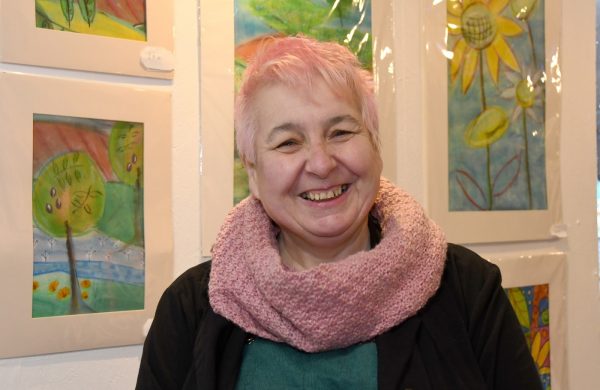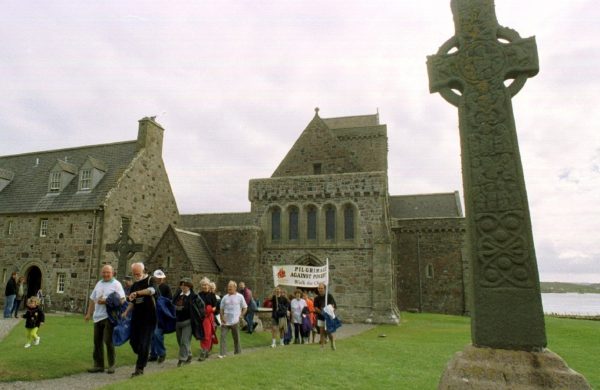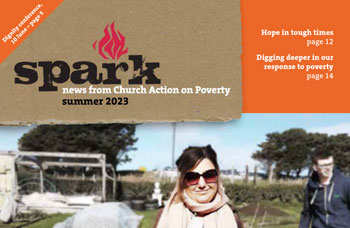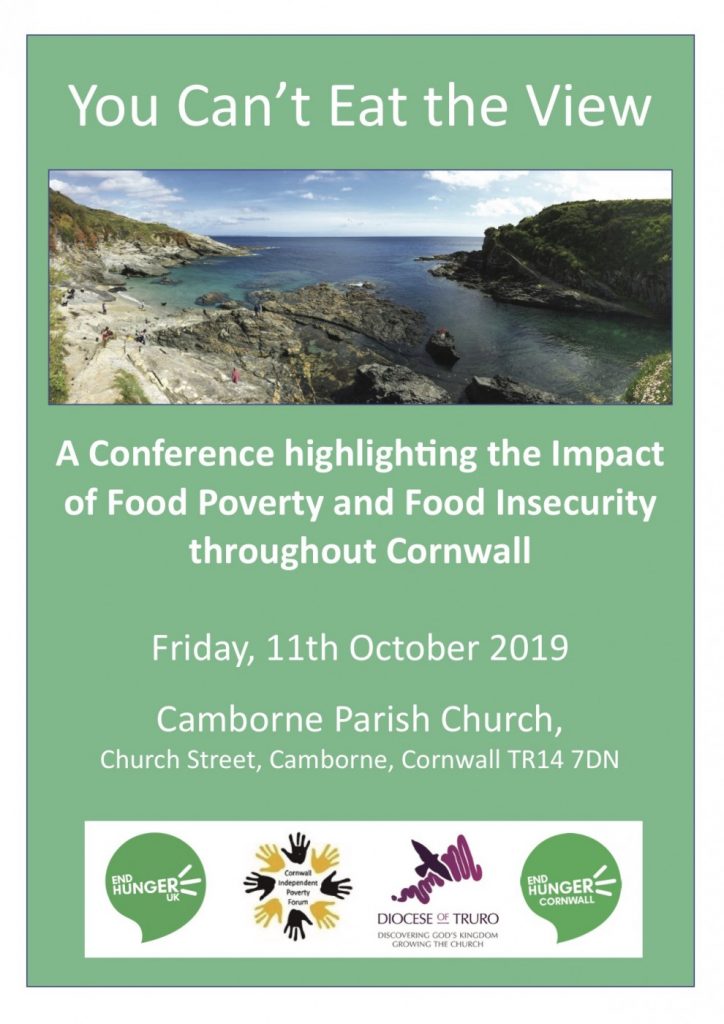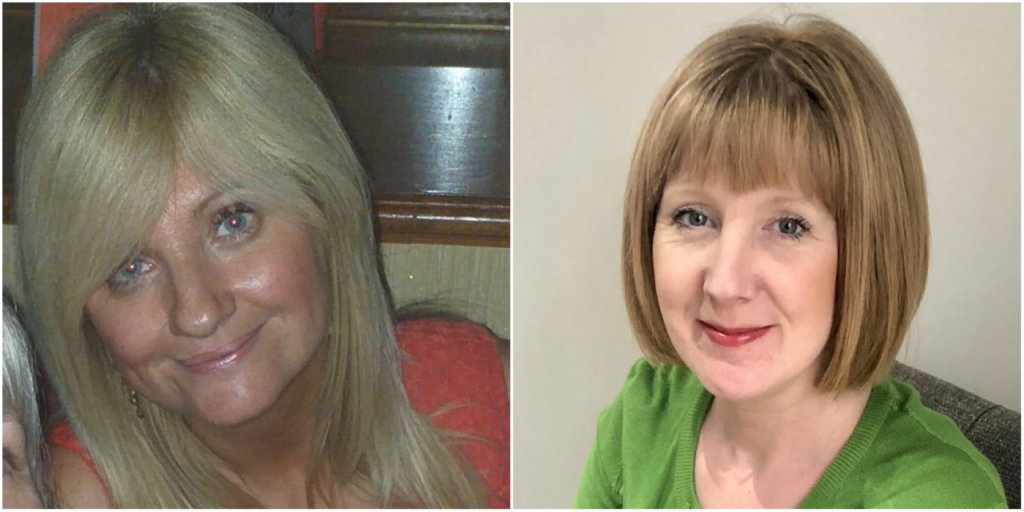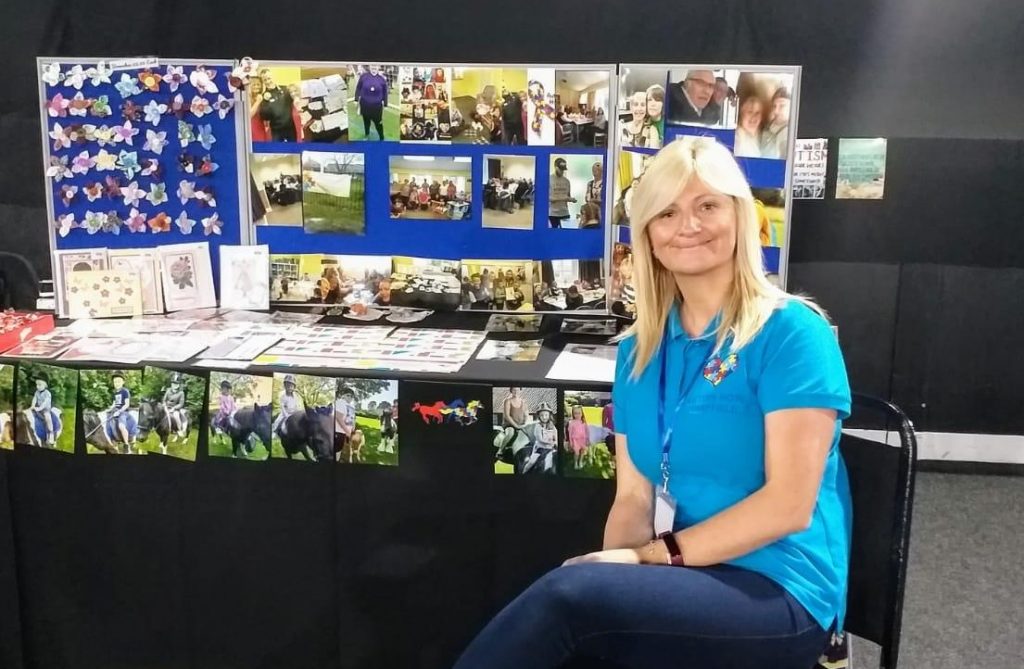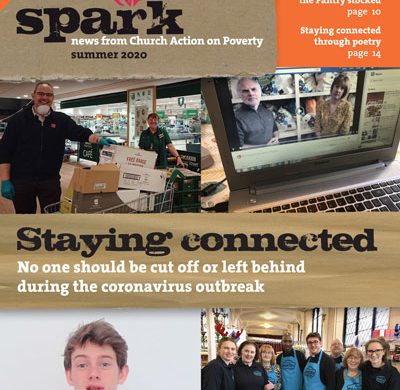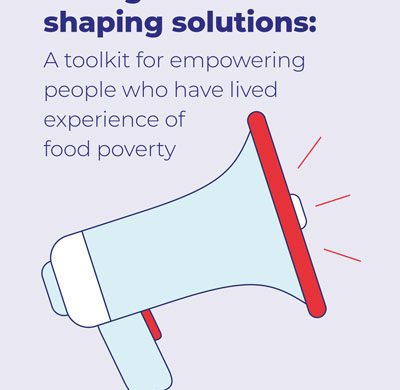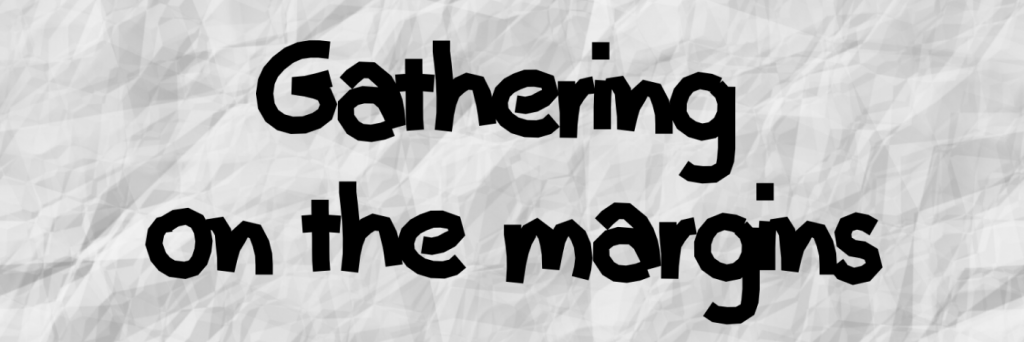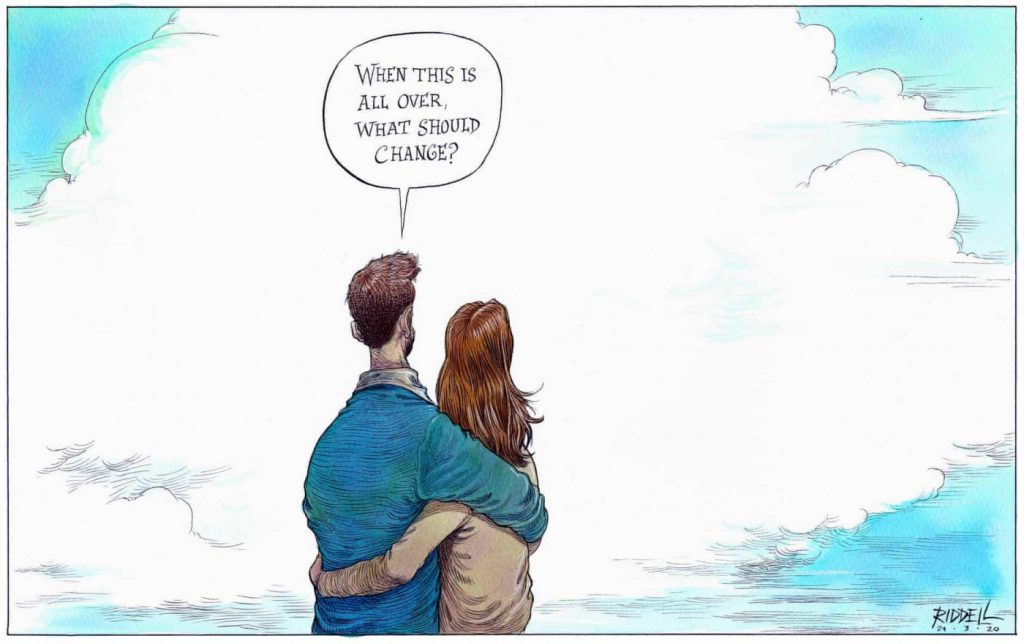Gathering on the Margins – 23 June
Gathering on the Margins is going from once a week to once a month. We used our final weekly session to reflect on the past three months and what we have learnt so far.
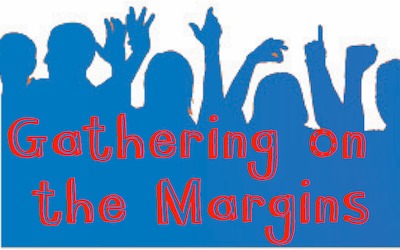
We have had a Gathering on the Margins every week since the start of lockdown and it has been amazing meet so many people in different parts of the country and hear how different communities have been coping with the challenges of lockdown. We hope that, like us, you have found these gatherings a great opportunity to stay connected and share experiences. As lockdown begins to ease, we want to maintain these connections and continue having these gatherings in the longer-term. Gathering on the Margins will continue to happen, but on a monthly rather than a weekly basis. The gathering in Tuesday was the last of the weekly sessions and we wanted to use it as time to reflect on the past three months and what we have learnt together.
A constant theme throughout the gatherings has been creativity, and how people have responded to the crisis through art, music and poetry. This week we were joined by Yo, Charlotte and Gaye from a guitar group in Sheffield. The group grew out of the ‘Food Glorious Food’ choir, and they have learning to play the guitar together as a way of staying connected.
Matt, our poet in digital residence, has been to most of the gatherings, and shared his reflections on what he has learnt during the past three months. He said that hearing from people with different experiences has broadened his horizons and given him a better understanding of the scale of the problems that we are facing, but also the scale of the movement that exists to tackle them. For Matt, creativity has been a major way in which he has responded to that movement, and this is something he is keen to continue. He said that engaging with people’s stories in the gatherings and being able to chat to people afterwards has been very eye-opening.
Matt is currently compiling a series of poems written by himself and others in response to the pandemic. If you would like to submit a poem to be part of this project, you can do so here. There will also be an open-mic session on Tuesday 30th June at 3.30 pm if you have a creative response you want to share, or just want to listen to others. Sign-up here.
In groups we discussed what we have learnt over the last three months and what we want to carry forward into the future. Three main themes came through in the discussion.
Firstly, the value being connected and having the opportunity to speak to and hear from people we might not otherwise be in regular contact with, perhaps because they are based in a different part of the country. Ben pointed out that this has contributed to a real sense of community and people coming together, and understanding where there is crossover between different projects.
Secondly, some people have really appreciated the extra time that lockdown has given them, which has allowed them to pursue projects and attend online events. It has been great to have creative workshops run by Matt and others alongside these gatherings, and some people have been using this time as an opportunity to learn new skills like podcasting, making films and writing poetry.
And thirdly, the crisis has really highlighted the advantages of making good use of technology and doing things online. We are all looking forward to when we can meet with people in person again, but even when we can, we will still use Zoom as a way of connecting with people. For many people it is more convenient than gathering in person, removing obstacles like travel and social stresses. As we go into the future, we want to look for more ways to use digital technology as a force for good.
To finish off, we heard a poem from Matt that he read for us at the beginning of lockdown. The words are taken from signs Matt saw around his town at the start of lockdown.
The next gathering will be on 21st July. We hope to see you then.
Join us on Zoom by clicking the link below, or call 0131 460 1196 and using the meeting ID: 193 697 232

